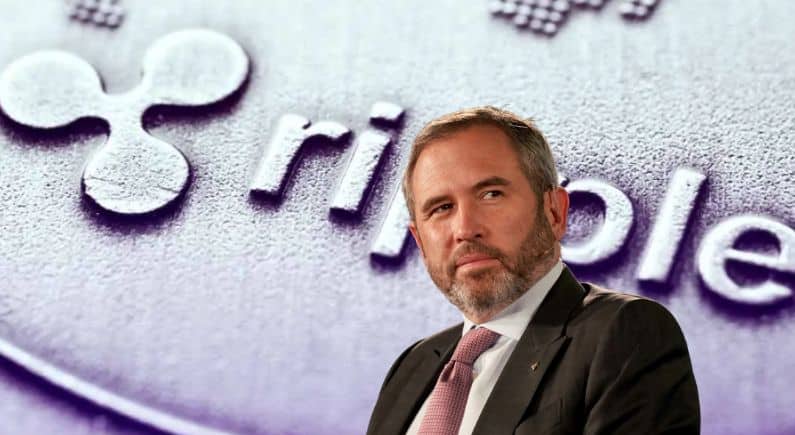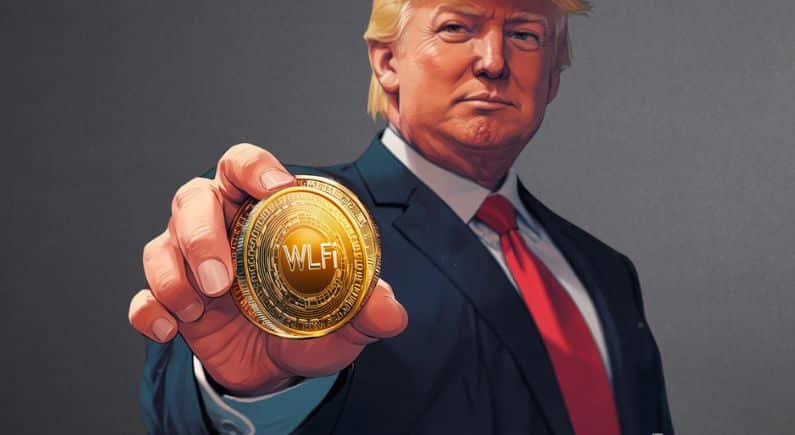Ripple CEO loses long-standing bank account due to crypto ties

Brad Garlinghouse, the CEO of Ripple, recently made a startling revelation about being debanked due to the ongoing regulatory scrutiny facing figures within the cryptocurrency industry. In an interview with CNBC, Garlinghouse recounted how a major bank, with which he had maintained an account for 25 years, suddenly informed him that he needed to move his money within five days.
During the interview, Garlinghouse disclosed the bank’s straightforward reason: “You are a notable person in crypto.” The institution openly stated that being associated with prominent figures in the crypto space invited additional federal regulatory scrutiny, an involvement they wanted to avoid.
“I personally have been debanked. I got a call not that long ago from one of the major banking institutions I had had an account with for 25 years. You are a notable person in crypto, and having notable people with crypto and banking the crypto industry means more scrutiny from federal regulators, so we don’t want it.”
The broader issue
Garlinghouse’s experience may not be isolated. He expressed concerns over this trend, pointing out that if more banks were to follow suit, crypto executives could find themselves increasingly marginalised from traditional financial systems. While Garlinghouse acknowledged that other banks would still accommodate him, the idea of being debanked solely due to his role at Ripple felt like an unsettling precedent.
Garlinghouse pointed out, “Imagine if you extrapolate that out in more banks, and if I was cut off in the banking system for the sole reason that I’m the CEO of Ripple. That is a hostile administration, and I think no matter what happens in this next election, we’ll have a reset.”
Regulatory scrutiny intensifies
Garlinghouse’s comments hint at a larger issue: the increasing challenges for the crypto sector in the U.S. due to heightened scrutiny. This environment poses risks not just to crypto leaders, but to the sector’s broader innovation and progress.
Despite these challenges, Garlinghouse remains hopeful for the future. He predicts a “reset” in U.S. regulatory policy after the next election, which could potentially create a more favourable climate for crypto development. However, in the current climate, he advises U.S.-based fintech companies to consider foreign incorporation to avoid unpredictable regulations.
The ongoing legal battle between Ripple and the U.S. Securities and Exchange Commission (SEC) took a notable turn recently. The court ruled that “XRP in and of itself is not a security,” which Garlinghouse referred to as a “pivotal win” for the crypto industry.
Garlinghouse concluded by warning that the U.S. could miss out on a significant opportunity by failing to embrace blockchain technology. He argued that clearer regulatory guidelines are essential if the U.S. wants to maintain its competitive edge in the evolving financial landscape.






